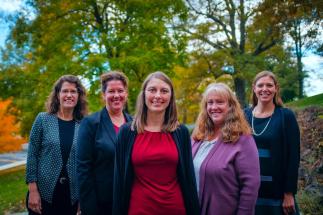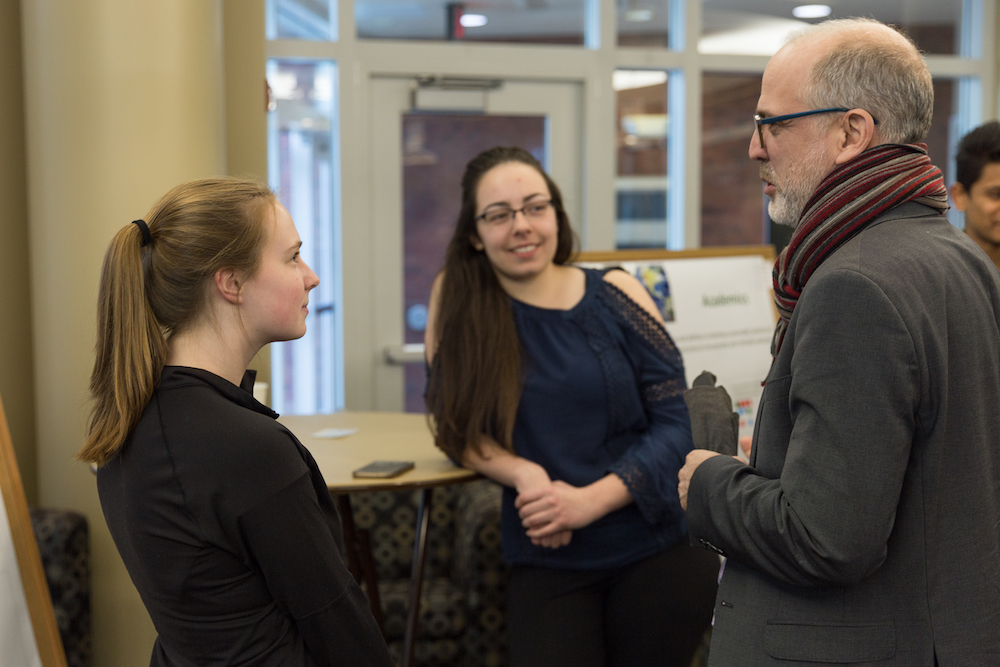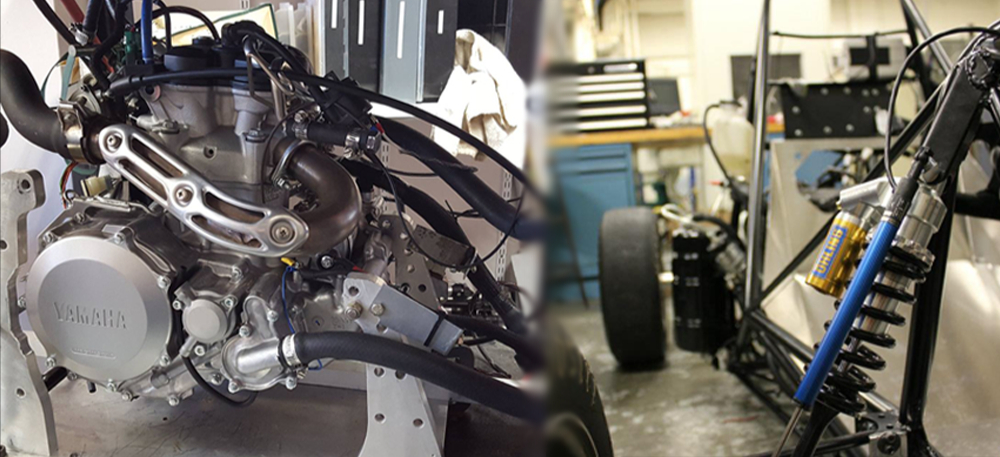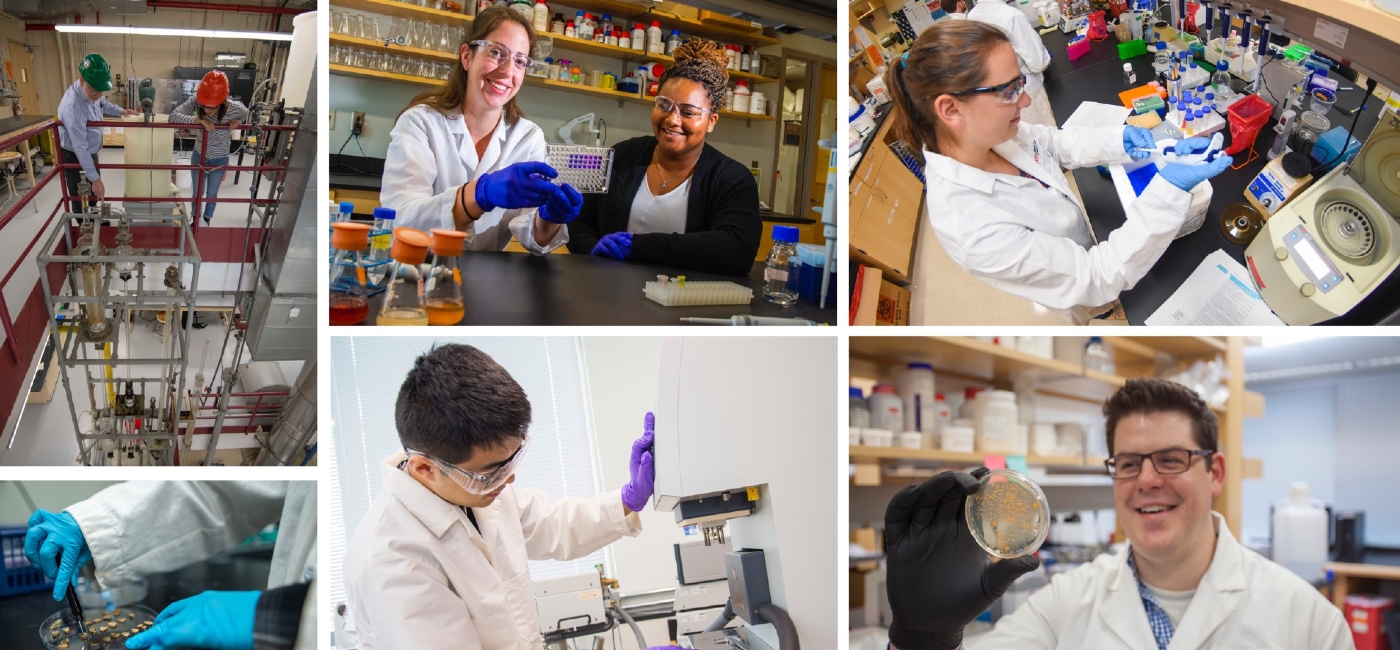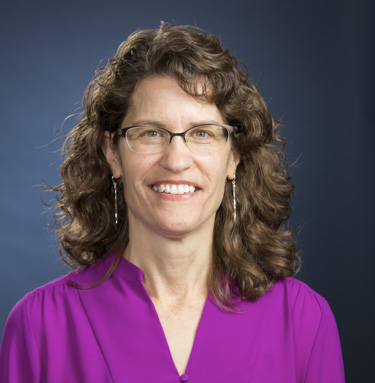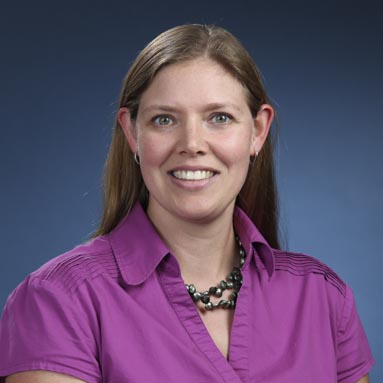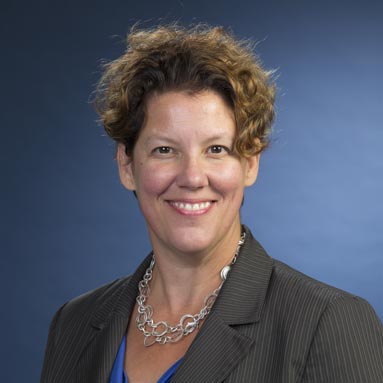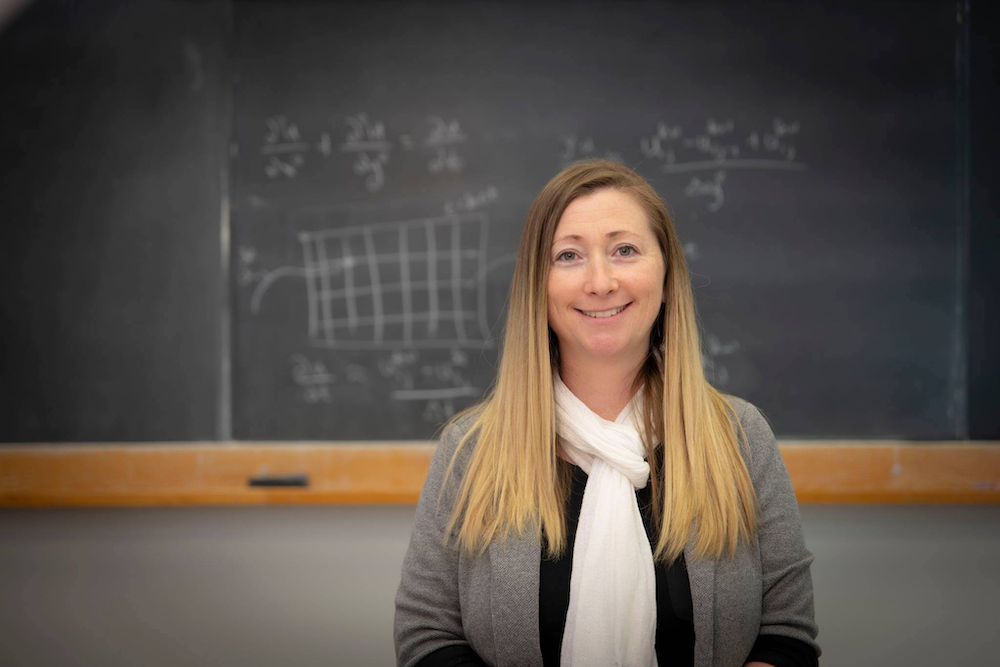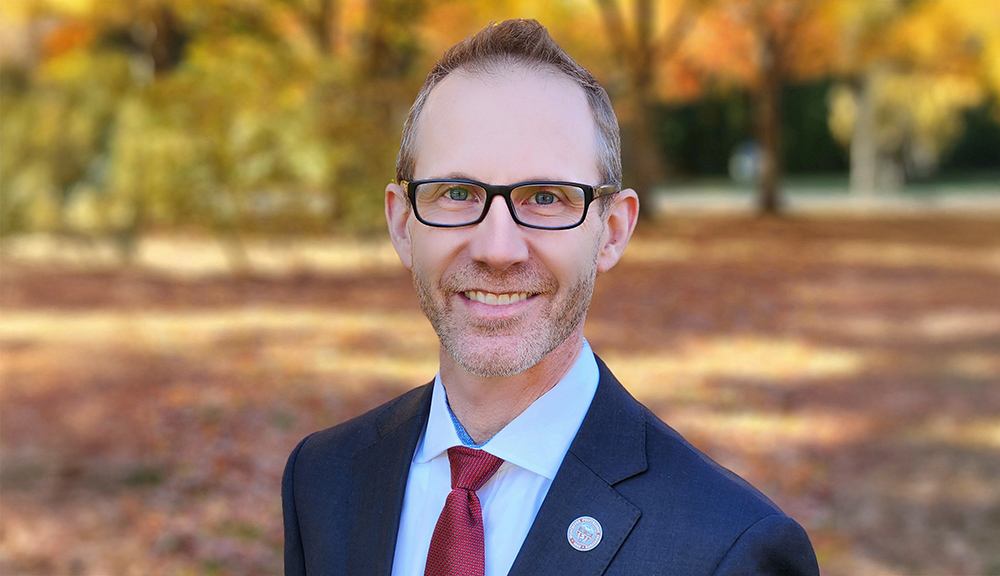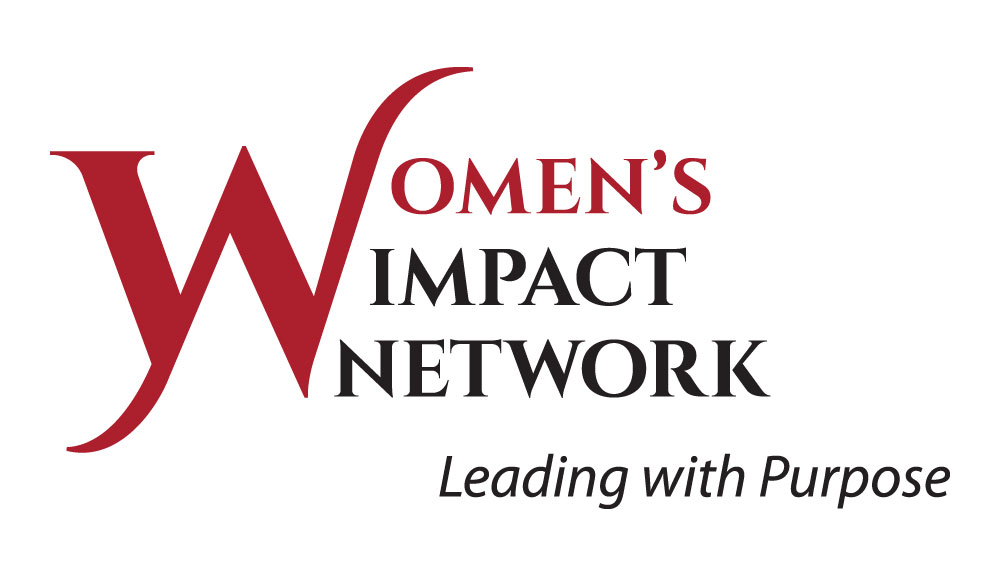A team of researchers at Worcester Polytechnic Institute (WPI) has received a $1 million ADVANCE grant from the National Science Foundation (NSF) to examine the university’s faculty promotion processes, identify areas of bias that may be impacting female faculty, and implement more equitable policies and practices. The grant, part of an NSF program to increase the participation and advancement of women in academic science, technology, engineering, and mathematics (STEM) careers, comes as universities nationwide are striving to recruit, develop, and retain a more diverse and gender-balanced faculty that better reflects their student bodies and the population as a whole.
“As a data-driven institution, WPI is constantly looking at opportunities for improvement,” said Jeanine Skorinko, associate professor of Psychology and director of the Psychological Science Program, and principal investigator on the three-year grant. “Prior in-depth surveys of faculty found that WPI’s associate-to-full promotion process is unclear and may have a particular impact on the career trajectory of midcareer female faculty. In 2017 the faculty approved a promising new promotion policy, an important first step. With this grant, we aim to support high-quality implementation of the policy and foster a fully inclusive and supportive environment for all faculty.”
“This work is absolutely critical – not just for WPI’s campus, but the world beyond,” said WPI President Laurie Leshin. “At WPI we seek to address significant global challenges, and we strive to include and support all perspectives and all voices as we work together toward solutions.
“At its core, diversity is an enabler of innovative thinking, and like all STEM-focused universities, WPI often must compete aggressively to recruit and retain top talent—especially women and underrepresented minorities. A diverse, excellent faculty helps WPI attract the very best students from all backgrounds.”
Brought together by determination to see more women in higher ranks on campus, the multidisciplinary ADVANCE team includes Skorinko; Chrysanthe Demetry, associate professor of Mechanical Engineering and director of WPI’s Morgan Teaching and Learning Center; Natalie Farny, associate teaching professor of Biology & Biotechnology and associate director of the Morgan Teaching and Learning Center; Elizabeth Long Lingo, assistant professor in the Foisie Business School; and Susan Roberts, professor and head of Chemical Engineering.
The grant, “ADVANCE Adaptation: Advancing Toward ‘FULL’ Representation of Women in STEM at WPI,” will focus on three key areas: clarifying the new promotion criteria; reducing gender biases in faculty evaluation and workload distribution; and piloting a system of coaches to guide associate professors toward promotion. The grant will fund an external consultant to audit WPI’s current promotion policies and develop workshops to help faculty better understand how to document and evaluate multiple forms of scholarship. Working groups of faculty and academic leadership will be supported to develop resources that will make expectations for promotion clearer and more transparent. The research team will also adapt and implement bias training for faculty and administrators at WPI, using a model that’s been successful elsewhere. Finally, the research team will engage a combined internal/external advisory board to give feedback on proposed improvement plans, engage university leadership, and communicate those best practices to other higher education institutions.
An important feature of the grant activity will be attention to clarifying promotion policy and strengthening mid-career mentoring and advancement for non-tenure track faculty, particularly associate teaching professors, who play a significant role in delivering and improving WPI’s distinctive undergraduate curriculum. “Forty-three percent of women faculty in STEM fields at WPI are in non-tenure track positions,” said Farny. “Because these positions have long held lower status in higher education, we want to ensure that those faculty members benefit from the grant as much as tenured faculty.”
WPI’s new promotion policy explicitly defines and welcomes multiple forms of scholarship, such as the scholarship of teaching and learning and the scholarship of engagement, which research shows many women especially value. “The new policy is a much better fit for WPI’s strengths in both research and project-based education,” said Demetry. “It should now be possible for teaching- and service-related initiatives to be shaped and recognized as scholarship with significant impact.” The new policy also directly asks reviewers to be aware of implicit bias in promotion evaluation.
The ADVANCE grant work was sparked by the results of a Collaborative on Academic Careers in Higher Education (COACHE) survey WPI conducted in 2014 and 2017 to quantify job satisfaction among faculty. Associate professors, and especially women, reported dissatisfaction with the associate-to-full promotion system. After analyzing both survey and focus group data, the ADVANCE team characterized the problem as a “foggy climate” that included ambiguity within the criteria, mixed messages about what is valued, and lack of clarity regarding whether and how faculty should be guided toward promotion.
The grant further extends the institution’s ongoing work to increase gender parity and diversity among students, faculty, and staff, and to address the national need for more diversity in STEM. In recent years, WPI has increased the percentage of female undergraduates and is among STEM institutions with the highest percentage of female students. Most recently, the university has recruited high-profile female administrators and department leaders, including Jean King, dean of Arts & Sciences; Michelle Jones-Johnson, vice president for Talent & Inclusion and chief diversity officer; Donna Levin, executive director of Innovation and Entrepreneurship.
The ADVANCE team hopes to share the work with other higher education institutions through publication of their research and through other venues such as the Center for Project-Based Learning, which supports other universities working to incorporate high-quality project experiences into their curricula. “With the NSF award, we see the opportunity for WPI to develop a national model for advancing more equitable promotion policies for all faculty. This is especially relevant for other STEM-focused institutions and colleges embracing innovative, project-based curricula where similar challenges likely exist,” said Lingo.
Roberts notes, “The work of this grant is essential for innovation in higher education and STEM. Equal representation of women of all identities among the senior ranks of faculty will enhance the quality of students’ education, the impact of university research, engagement with communities, and the leadership of institutions. We can’t wait to get started.”
